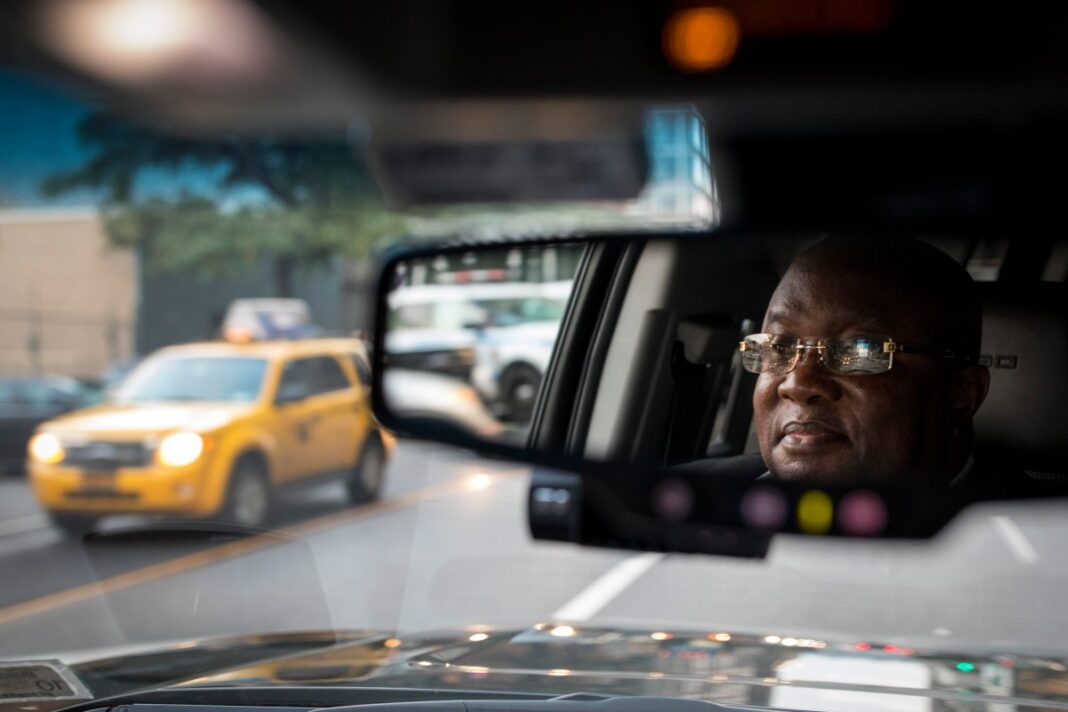Uber and Lyft have agreed to pay drivers in New York a combined $328 million to settle wage-theft complaints. The settlement is the result of state attorney general Letitia James’ investigation into whether the companies collected certain fees and taxes from drivers rather than passengers.
The investigation also looked into whether companies failed to provide paid sick leave to drivers.
The settlement is a win for drivers, not only because it provides backpay for allegedly stolen wages, but also because it secures a statewide right to minimum wage and provides paid sick benefits.
“The companies are all but formally acknowledging that these drivers are in fact their employees who deserve the employment rights all other workers deserve,” said Andrew Wolf, assistant professor at Cornell University’s School of Industrial & Labor Relations. Wolf also noted that the settlement displays how gig companies have historically shifted all the risks for employment onto drivers.
“Ride-share drivers work at all hours of the day and night to take people wherever they need to go,” James said in her statement. “For years, Uber and Lyft systematically cheated their drivers out of hundreds of millions of dollars in pay and benefits while they worked long hours in challenging conditions.”
Uber will pay $290 million and Lyft will pay $38 million into two funds that will pay out claims to about 100,000 current and former drivers in New York State who are eligible to file.
Neither company has admitted to any wrongdoing. Lyft’s chief policy officer, Jeremy Bird, has even gone so far as to agree that the settlement is “a win for drivers, and one we are proud to have achieved with the New York Attorney General’s Office.”
“We look forward to continuing this work in order to provide New York drivers the independence and full range of benefits available to those in other states, like California and Washington,” Bird continued.
Uber responded similarly, praising James’ efforts and saying the settlement “helps put to rest the classification issue in New York and moves us forward with a model that reflects the way people are increasingly choosing to work.”
Within hours of the AG’s announcement, Governor Kathy Hochul also said Uber would start making regular payments to New York’s unemployment insurance program as part of a separate settlement with the state’s labor department.
New York has become a battleground state for winning labor rights for gig workers, and these settlements grant ride-hail drivers more of the benefits owed to traditional employees. But labor activists argue there’s still more work to be done.
Neither settlement changes gig worker status in New York State or New York City — drivers are still classified as independent contractors.
Future benefits of the wage-theft settlement
The settlement with the AG’s office grants drivers one hour of sick pay for every 30 hours worked, up to 56 hours per year. Uber and Lyft will need to allow drivers to request sick leave through the apps. Uber said drivers will start accruing sick leave on February 29, 2024. Lyft did not respond in time to clarify.
Drivers outside the city will earn at least $26 per hour, but only while en route to a rider or with a rider in the vehicle. This distinction has been a sticking point for labor activists, who argue that the time spent searching for a gig should also be paid time.
Drivers within NYC already received a minimum driver pay under regulations established in 2019 by the Taxi and Limousine Commission.
Uber said the additional costs would be passed onto riders. Lyft did not respond in time to clarify.
The AG’s office has been investigating the wage theft claim, made by the New York Taxi Workers Alliance, since 2020. The investigation focused on a period from 2014 to 2017, during which time Uber deducted sales taxes and Black Car Fund fees from driver payments, when those taxes and fees should have been paid by passengers, according to a statement from the AG.
The Black Car Fund is a NYC organization that provides workers’ compensation insurance coverage for taxi, limousine and ride-hail vehicles. Uber and Lyft began paying into it as part of a state law in 2019.
Lyft is also accused of deducting an 11.4% “administrative charge” from drivers’ payments in New York equal to the amount of sales tax and Black Car Fund fees that should have been paid by riders.
Both companies are accused of failing to provide drivers with paid sick leave available to employees under New York City and New York State law.
Uber to pay employment insurance contributions
In addition to winning future employment insurance contributions, Uber’s settlement with the New York department of labor will also see the ride-hail giant make retroactive payments dating back through 2013. The total amount of the settlement is unknown.
The state has argued that Uber drivers and delivery workers qualify as employees for the purposes of collecting unemployment benefits. That means Uber is required, like other employers in New York, to begin making quarterly payments into the state’s Unemployment Insurance Trust Fund. This makes New York the first state in the country with which Uber has agreed to settle both past and future unemployment insurance liability.
“This unprecedented settlement with Uber sends a powerful message to working people: New York has your back,” Governor Hochul said in a statement.
Drivers and delivery workers for gig companies like Uber and Lyft are classified as independent contractors, meaning they don’t have access to benefits like minimum wage protection, healthcare or workers’ compensation in most states. That also means they have to cover all their own expenses.
Uber and Lyft have argued that drivers prefer this system because it allows them to have flexibility at work. Labor activists say it’s a shady way for companies to keep costs low, even though they are dependent on the services these workers provide for their companies to succeed.
Source link









